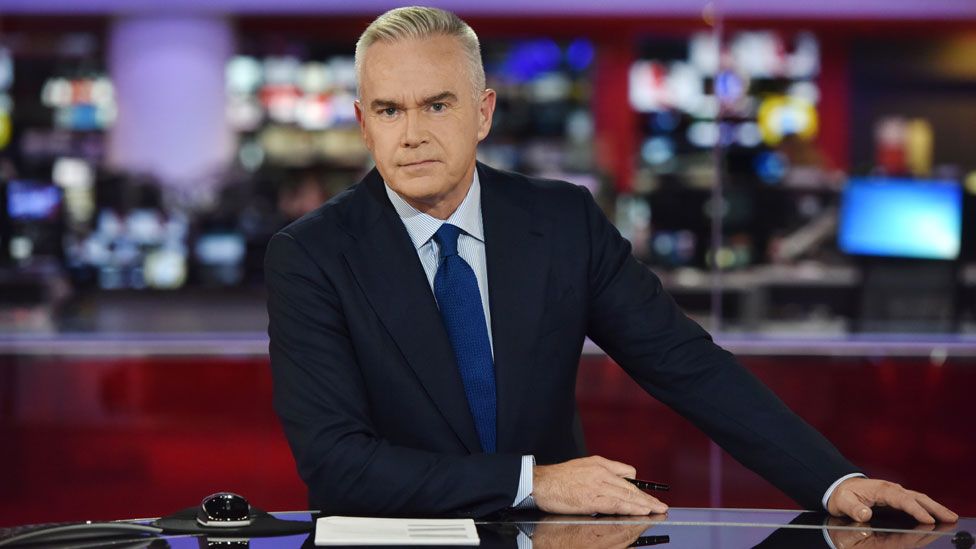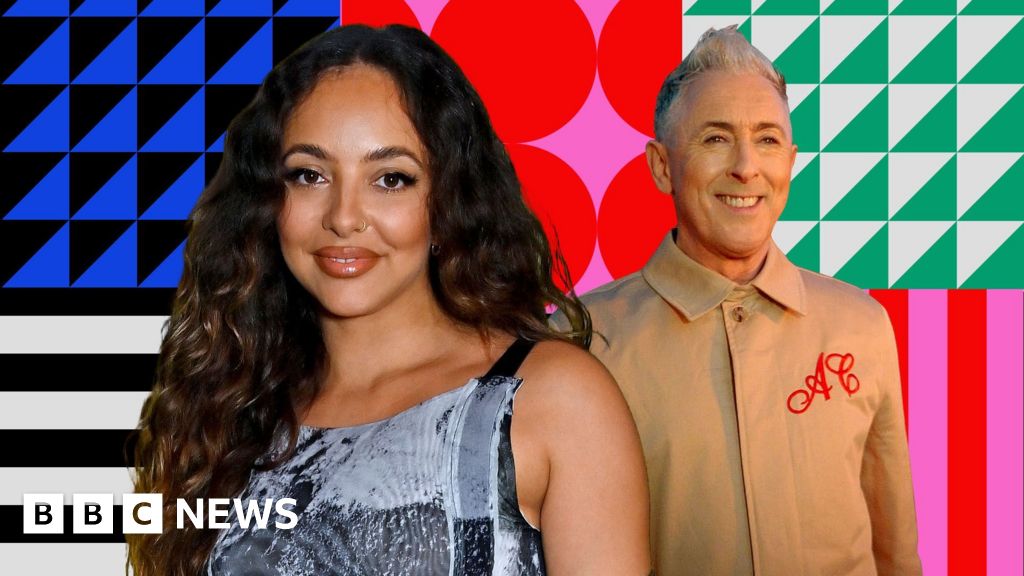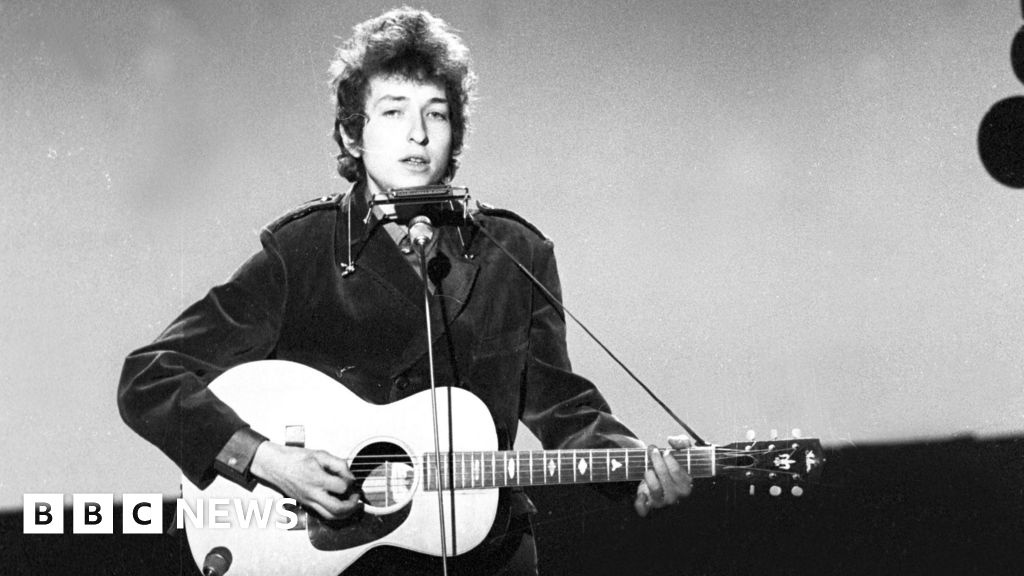ARTICLE AD BOX

Huw Edwards was admitted to hospital after what his wife described as a "serious" mental health episode
By Ian Youngs
Entertainment & arts reporter
BBC bosses tried to navigate a "difficult" period "calmly and reasonably" after allegations against presenter Huw Edwards sparked a media storm, its director general has said.
Last week, Edwards was revealed to be the previously unnamed presenter at the centre of claims about his behaviour.
In his first public comments since, Tim Davie spoke at the House of Lords.
He said the BBC wanted to be "listening to and understanding concerns" from the person who originally made allegations.
The Sun newspaper reported that a family had accused the News at Ten presenter of paying their teenage child tens of thousands of pounds for sexually explicit photos, which they said the young person spent on drugs.
The young person later denied the claims through lawyers and police confirmed they assessed no evidence of criminal activity after speaking to people involved in those initial allegations.
The BBC then resumed their own internal investigation.
Image source, PA Media
Image caption,Director general Tim Davie said the the BBC was carrying out a "fact-finding investigation"
Speaking on Tuesday, Mr Davie told the House of Lords communications and digital committee: "Since the weekend that we've been discussing, we have been in touch with the complainant.
"Obviously we want to be engaged and appropriately listening and understanding concerns."
After the original story sparked speculation about the presenter's identity and behaviour, and led to further allegations, Mr Davie said BBC executives had attempted to balance "difficult concerns around the allegations themselves, duty of care, privacy, and legitimate public interest".
Acting BBC chair Dame Elan Cross Stephens added that the BBC board met twice in the two days after the original allegations were published, while there was "huge pressure" to reveal Edwards' identity.
'Questions that could not be answered'
"We had a duty to act with some calm and rationality in the face of lack of rationality and lack of calm," she told the committee. "There were an awful lot of questions that could not be answered.
"There was a huge pressure to disclose the name of somebody to whom we had a duty of care and a duty of privacy, in addition to the family and young [person] that were concerned in this maelstrom.
"So I was, on the one hand, seeking to establish the right of the board to oversee what was happening. But at the same time, I was trying my best to make for a calm and rational discussion of the issue before we all got carried away in what could have been very wrong directions."
On Wednesday, Edwards' wife Vicky Flind disclosed that he was the presenter at the centre of the allegations, and that he was in hospital after the previous days had brought on a "serious" mental health episode.
She said he would address the allegations when he is well enough to do so.
The BBC is now carrying out what Mr Davie described as a "fact-finding investigation" into the allegations.
"We're in the process of looking at those facts, and we're keen to receive any information, because we just want to understand anything that's out there," he said.
Both Mr Davie and Dame Elan became aware of the allegations the day before the Sun published its first story.
But the family had originally contacted the organisation seven weeks earlier, and the BBC has been criticised for the speed of its response to their complaint.
Mr Davie said the BBC's "protocols and procedures" were now being reviewed, and that he had "immediately" asked for a "quick look" at how "red flags" are raised when allegations are made.
Beyond the Edwards situation, the director general was asked whether all high-profile and highly-paid presenters had a responsibility to uphold the BBC's reputation.
"Of course," he replied. "The history of this industry is such that we should all be concerned and appropriately diligent around the abusive people in powerful positions.
"Certainly you have a dynamic when you've got presenters or people in power... you need to ensure that you're very, very clear about what your expectations are culturally as well as the policy."
The BBC had done "really good work" in having a "really clear code of conduct" and reminding staff of the organisation's values, he added.

 1 year ago
35
1 year ago
35








 English (US) ·
English (US) ·